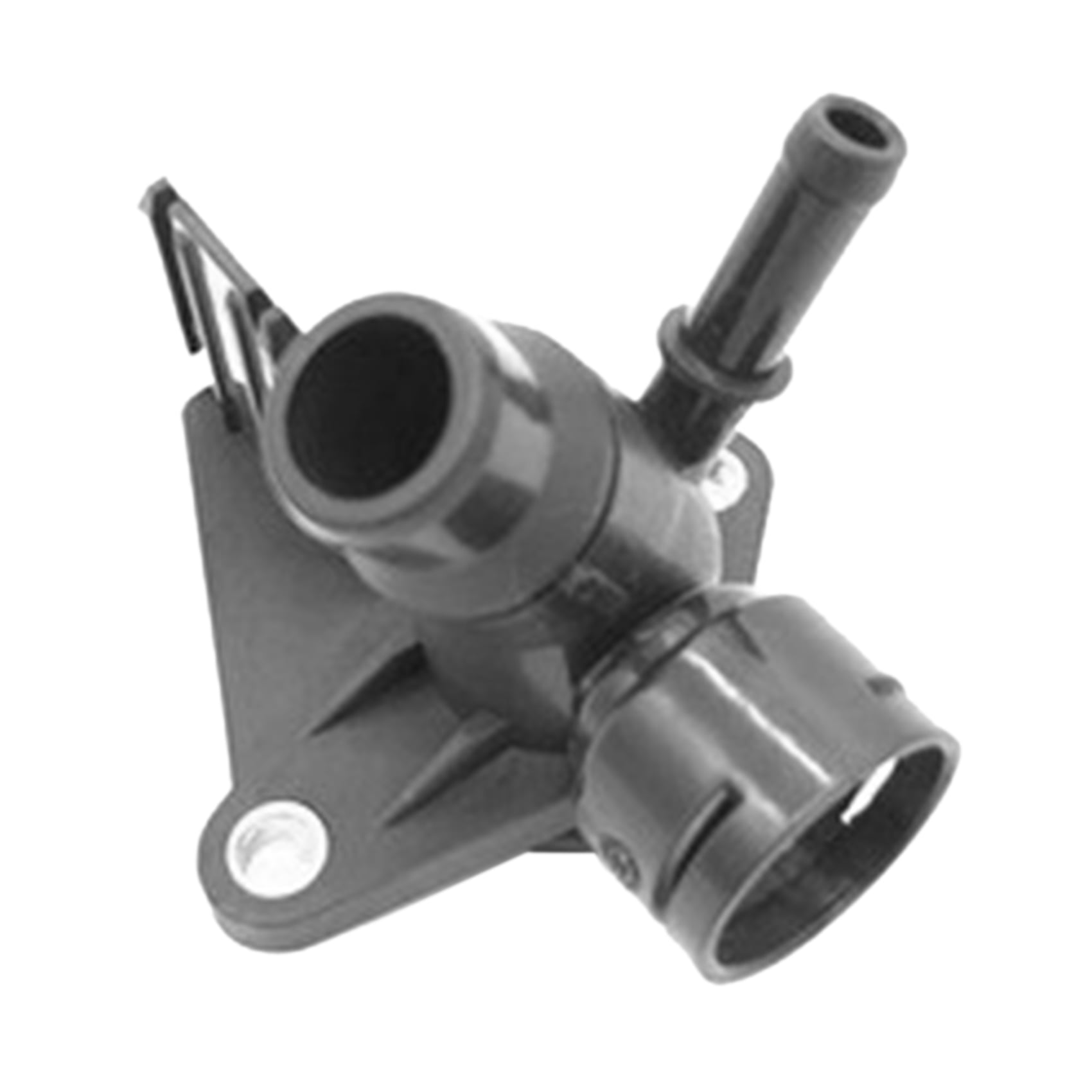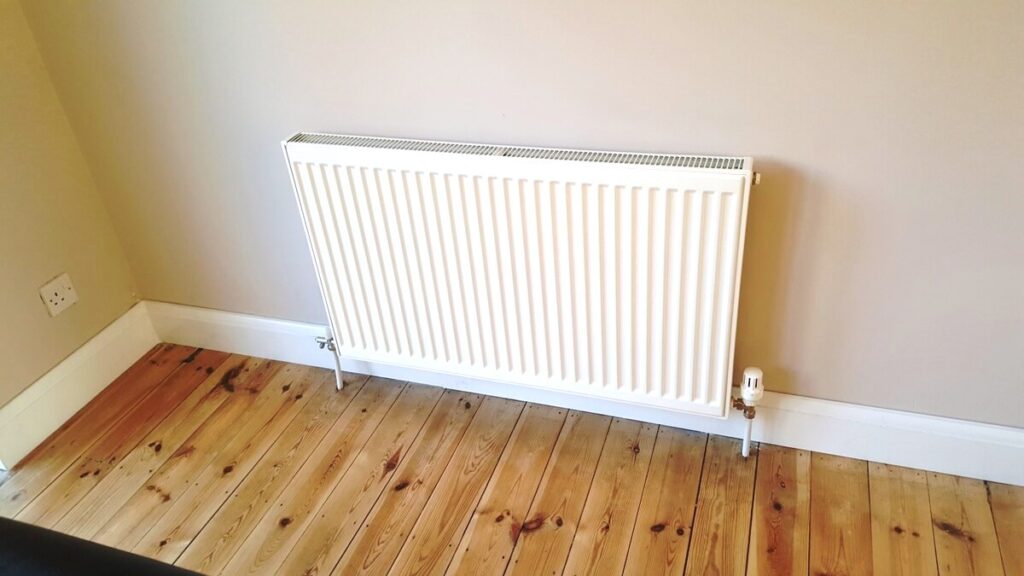

Using water alone will eventually cause your to overeat again and offers no protection against the engine block from freezing up in the winter. While adding water is a good temporary stopgap measure, you should always add antifreeze to the radiator or radiator reserve tank as soon as possible. When a vehicle radiator overheats and overflows, many people simply add water to the radiator and forget it.

This will help prevent your engine block from freezing up in extremely cold temperatures. However, you should use 70% glycol antifreeze and 30% water to provide additional weatherization protection for your. If you live in colder regions of the country, you should mix your glycol based antifreeze with water as well.

However, a 50/50 mix of antifreeze and water will offer adequate winter protection for a vehicle in all but the most extreme winter environments. Most vehicle manufacturers recommend a 50/50 mix of glycol antifreeze and water when vehicles require adequate cooling but do not need much protection from the cold of a harsh winter. If you live in more temperate climate areas such as states in the South or Southwest, you should mix a glycol antifreeze coolant with an equal amount of water. In most cases, you will need to mix the glycol based antifreeze with a certain amount of water. However, using the glycol based antifreeze alone is usually not a good idea. įor most vehicles, a glycol based antifreeze coolant is the best type of coolant to be used in any vehicle radiator. So, it is always important to know what type of radiator fluid is best for your. You should frequently check the levels of coolant in your 's radiator and cooling system and occasionally replace the radiator fluid in your. Always making sure that your has adequate amounts of the correct type of radiator fluid will help keep your engine cooler and allow your engine to last longer. Is the engine sucking in the coolant and burning it? Is it draining out on the ground? Did it overheat a little and come gushing out the overflow? Whatever the reason, I'd be on the lookout for it and get it fixed.Is the antifreeze coolant that is used in your radiator to help cool your engine. If your reservoir has become empty, you need to figure out why it became empty so it doesn't happen again. If everything is as it should be, it should stay relatively the same (might be small fluctuations). I think the bigger thing to be thinking about here is why was your reservoir tank low in the first place? For the most part, the cooling system is a closed system, meaning it shouldn't be loosing/gaining coolant. Your climate may not be overly hot, which may not need as much coolant or coolant capacity.You may not have put much stress on the vehicle to cause it to overheat.ie: the vehicle engineers over engineered this one part of your vehicle.



 0 kommentar(er)
0 kommentar(er)
